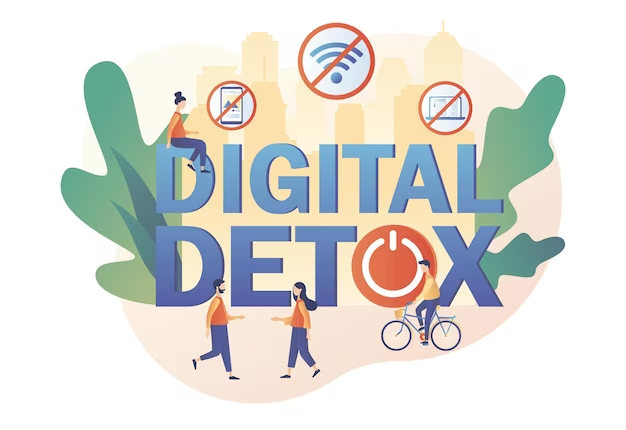The Future of Technological Changes: A Glimpse into Tomorrow

As we stand at the cusp of a new era, the pace of technological advancement shows no signs of slowing down. The future promises innovations that will not only reshape industries but also redefine how we live, work, and interact with the world around us. This blog explores the potential technological changes that could dominate the future, touching on key areas such as artificial intelligence, quantum computing, biotechnology, and sustainable technology.
1. Artificial Intelligence (AI) and Automation
AI has already begun transforming industries, from healthcare to finance. In the future, AI will likely become even more integrated into our daily lives, enhancing everything from personalized medicine to autonomous vehicles. Machine learning algorithms will continue to evolve, enabling computers to solve complex problems faster and more efficiently. This will lead to more sophisticated automation across sectors, potentially displacing certain jobs but also creating new opportunities in AI-driven industries.
Potential Impact:
- Enhanced decision-making through AI analytics.
- New job roles in AI management and ethics.
- Increased efficiency in industries like manufacturing and logistics.
2. Quantum Computing
Quantum computing, still in its nascent stages, promises to revolutionize computing by solving problems that are currently beyond the reach of classical computers. As quantum computers become more powerful, they could unlock new possibilities in fields such as cryptography, drug discovery, and climate modeling. The future might see quantum computing applied to solve some of the world’s most pressing challenges, offering solutions that were previously unimaginable.
Potential Impact:
- Breakthroughs in material science and pharmaceuticals.
- Strengthened cybersecurity protocols.
- Accelerated progress in solving complex mathematical problems.
3. Biotechnology and Genetic Engineering
Advances in biotechnology and genetic engineering are set to change the future of healthcare and agriculture. Techniques like CRISPR-Cas9 allow for precise editing of genes, which could lead to the eradication of genetic diseases and the creation of more resilient crops. The merging of biology with technology could also pave the way for new forms of life, with synthetic biology creating organisms designed for specific purposes.
Potential Impact:
- Personalized medicine tailored to individual genetic profiles.
- Increased agricultural yields and sustainability.
- Ethical considerations around genetic modifications.
4. Sustainable Technology
As the world grapples with climate change, sustainable technology will become increasingly important. Future innovations may include advanced renewable energy sources, such as fusion power, and more efficient energy storage systems. Additionally, technologies that reduce waste and promote circular economies will gain traction, helping to create a more sustainable future.
Potential Impact:
- Reduced carbon footprint through cleaner energy.
- Widespread adoption of electric and hydrogen-powered vehicles.
- Innovative recycling technologies minimizing waste.
5. Human-Computer Interaction and Extended Reality (XR)
The way we interact with technology is set to evolve dramatically. Extended Reality (XR), which encompasses Virtual Reality (VR), Augmented Reality (AR), and Mixed Reality (MR), will create new immersive experiences for entertainment, education, and work. The future may see the development of brain-computer interfaces (BCIs) that allow direct communication between our brains and computers, blurring the line between the physical and digital worlds.
Potential Impact:
- Immersive learning environments and virtual classrooms.
- Enhanced remote work capabilities through virtual presence.
6. Blockchain and Decentralized Systems
Blockchain technology, best known for its role in cryptocurrencies, will likely have far-reaching applications beyond finance. In the future, blockchain could be used to create decentralized systems for everything from supply chain management to voting, enhancing transparency and security. The rise of decentralized finance (DeFi) could disrupt traditional banking, offering new ways for individuals to manage and invest their money.
Potential Impact:
- Increased transparency and security in various sectors.
- New financial systems independent of traditional banks.
- Greater control for individuals over their personal data.
Conclusion
The future of technological changes is both exciting and uncertain. While these advancements hold the promise of significant benefits, they also raise important ethical, social, and economic questions. As we move forward, it will be crucial to balance innovation with responsibility, ensuring that the technologies of tomorrow serve to enhance our lives and contribute to a more equitable and sustainable world.
The future is being written today, and with the rapid pace of technological change, it’s up to us to shape it in a way that benefits all of humanity.


